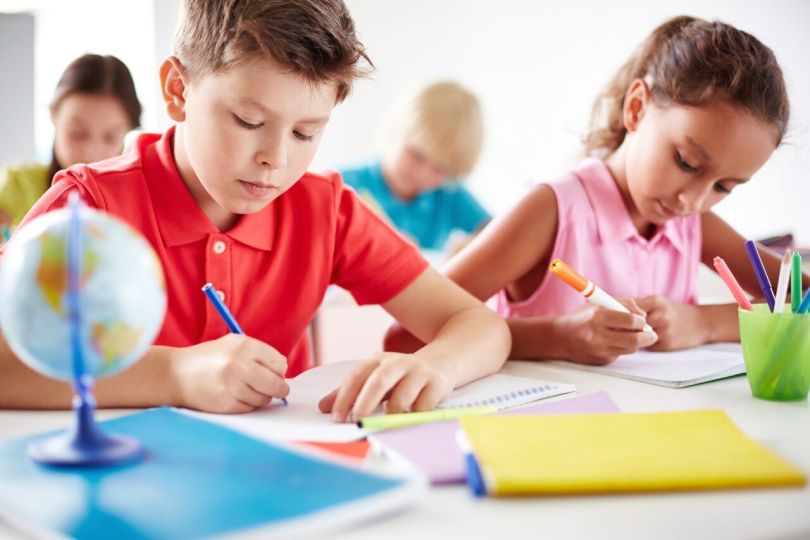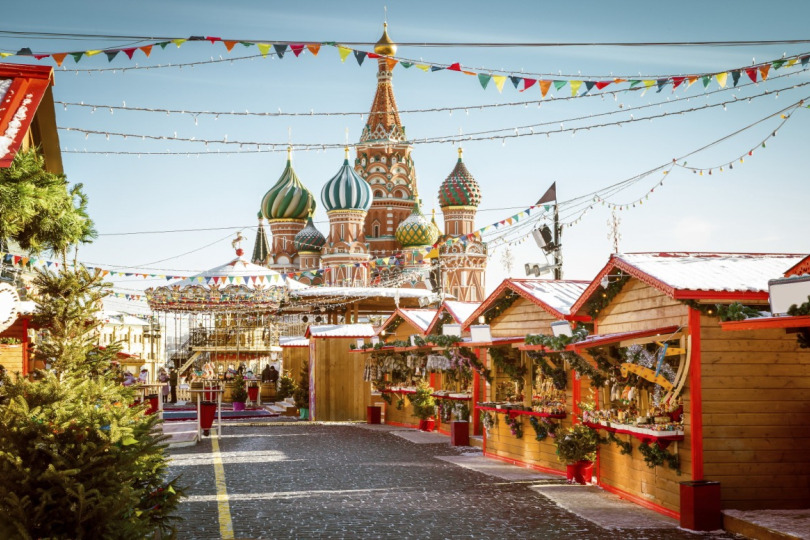
Performance Motivating Factors Reported by Russian Doctors
Interesting work, the desire to help patients, and money – these are the three key factors which motivate Russian doctors to perform, while career ambitions remain a secondary consideration, according to HSE research. Alexander Temnitsky, Leading Research Fellow of the HSE Centre for Health Policy, studied Russian doctors’ personal motives driving their performance between 2007 and 2014.
Taking Education from the 19th Century to the 21st
For the first time ever, the leaders of education studies centres from some of the world’s leading research universities met at the HSE Academic Centre in Pushkin, Russia. At the meeting, the researchers, along with a representative from OECD, discussed how education studies departments should change to meet the global challenges that face the sphere of education.
International Summer School on Higher Education Research
The IV International Summer School on Higher Education Research, which was devoted to ‘Higher Education, Society and State’, was held June 4-10 in St. Petersburg. Organized jointly with the China Institute for Educational Finance Research at Peking University, the Summer School brings together senior and junior scholars in the field of higher education research; it aims to facilitate the exchange of ideas, enhance research quality, and foster the integration of early-career researchers into the international academic community.
Russian and Italian Intellectuals Speak a Common Language
In late May Moscow hosted a Russian-Italian research conference marking the anniversary of the birth of Italian philosopher Benedetto Croce. The conference entitled 'The Legacy of Benedetto Croce in the 21st Century' was organized by and held at the HSE's Humanities Faculty in conjunction with the Italian Cultural Institute in Moscow.

Children of Richer Parents Do Better at School
The more books in the family and the richer and more educated the parents, the more likely it is that the children will do well at school. Elena Kardanova, Inna Antypkina and Alina Ivanova, researchers at the Centre of Education Quality Monitoring of the HSE Institute of Education, presented their paper 'The Progress of Grade One Students in the First Year of School: Perpetuating Inequality in Primary Education' at the HSE's XVII April Conference.

Pride for One's Country vs. Soviet Luxury: Top Papers of the April Conference
The April International Academic Conference on Economic and Social Development is Russia’s leading academic forum on social and economic sciences, and has won international acclaim. The XVII April Conference hosted by the HSE with support from the World Bank took place in Moscow on April 19-22, 2016. Selected by journalist Boris Grozovsky specially for IQ.hse.ru, below are some of the must-reads from the 900 papers presented at the HSE's XVII April Conference.
Rotterdam, Moscow, Venice. Graduate School of Urbanism at the World’s Largest Architecture Exhibitions
In April and May, the Graduate School of Urbanism (GSU) took part in three of the largest architecture biennales, held in Rotterdam, Moscow, and Venice. The exhibitions presented the results of independent research carried out by the School, student projects, and the results of an international student workshop organized by GSU.
'Normal Is Not Ridiculous': Most Interesting Reports Presented at the HSE's XVII April International Academic Conference
The April International Academic Conference on Economic and Social Development is Russia’s leading academic forum on social and economic sciences, and has won international acclaim. The XVII April Conference hosted by the HSE with support from the World Bank took place in Moscow on April 19-22, 2016. A total of 900 papers were presented at the HSE's April Conference. We consider the following selection to be must-reads.
New Issue of HERB Now Available Online
Higher Education in Russia and Beyond (HERB) team presents the 8th issue of a journal aimed at bringing current Russian, Central Asian and Eastern European educational trends to the attention of the international research community. This issue covers the transformation of higher education in former Soviet republics.
Post-Docs Research at HSE
Tatjana Kanonire received her PhD in Psychology from University of Latvia in Psychology. She joined HSE two years ago. First, she spent a year at the International Research and Teaching Laboratory for Socio-Cultural Research. Since October 2015 she has been working at the Centre for Education Quality Monitoring of the Institute of Education. Tatjana has talked to The HSE Look about her research interests and teaching activities at HSE.

